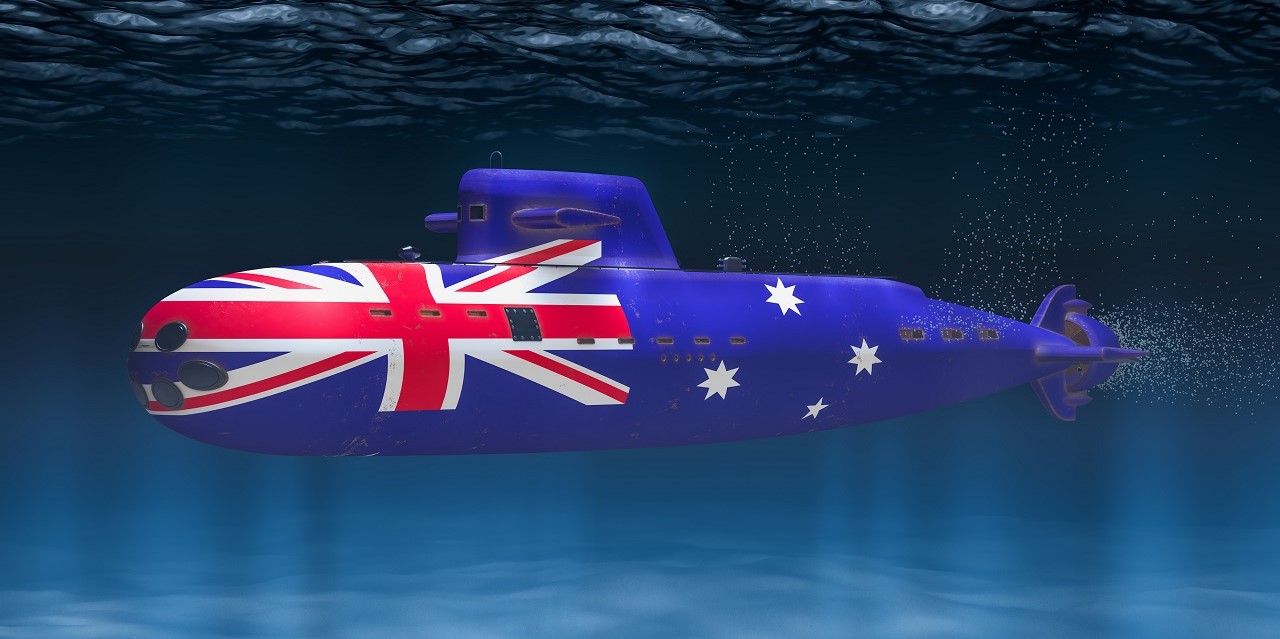France’s military ties with Australia have recovered after their 2021 bust-up over a major submarine deal, the country’s ambassador said Sunday.
Paris expressed its “strong regrets” when Australia tore up a multibillion-dollar deal to buy a fleet of diesel-powered submarines from France, Ambassador Pierre-Andre Imbert said.
Since the 2022 election of Prime Minister Anthony Albanese, however, the defence relationship had been “restarted”, he said.
“Now, the first pillar of our cooperation is defence and security, so we have a very good level of cooperation,” the ambassador told AFP as French forces joined major military drills around Australia.
When Australia ditched the French deal, it opted instead to acquire nuclear-powered vessels in a new three-way AUKUS pact with the United States and Britain.

But a US defence official last month revealed that a review of AUKUS was underway to ensure it “aligned with the President’s America First agenda” and that the US defence industrial base was “meeting our needs”.
Under the AUKUS deal, Australia would acquire at least three Virginia-class submarines from the United States within 15 years, eventually manufacturing its own subs.
The US Navy has 24 Virginia-class vessels, but American shipyards are struggling to meet production targets set at two new boats each year.
Asked if France would ever consider discussing a new submarine deal with Australia if the AUKUS agreement was torpedoed by the review, the French ambassador said he was reluctant to speculate.
“I would say it’s more an issue for Australia for the moment. And of course, we are always discussing with our friends of Australia,” he said.
“But for the moment, they have chosen AUKUS,” he said. “If this changes (and) they ask, we’ll see.”
More than 30,000 military personnel from 19 nations are set to join the three-week annual Talisman Sabre military exercises, which started Sunday across Australia and Papua New Guinea.
Macron Calls On EU To ‘Defend European Interests’
Meanwhile, French President Emmanuel Macron recently condemned US President Donald Trump’s threat to impose 30 percent tariffs on the European Union, calling on the bloc to “resolutely defend European interests”.
US President Donald Trump had warned that Mexico and the EU would be slapped with 30 percent tariffs starting on August 1, raising the stakes in already tense negotiations with two of the largest US trading partners.
Expressing France’s “very strong disapproval” of the announcement, Macron called on the bloc to “step up the preparation of credible countermeasures by mobilising all instruments at its disposal” if the two sides failed to reach agreement by August 1.
“France fully supports the European Commission in the negotiation that will intensify to reach a mutually acceptable agreement by August 1, so that it reflects the respect that trade partners such as the European Union and the United States owe each other,” he wrote on social media.
Earlier Saturday, European Commission chief Ursula von der Leyen hit out at the new tariffs threatened by Trump, but said the EU still sought a deal to avert the measures.
Mexico Unhappy
Mexico slammed US President Donald Trump’s latest threat of 30 percent tariffs Saturday as an “unfair deal,” according to a government statement.
Mexico was informed of the new duties — which Trump said would come into effect by August 1 — during talks in the United States on Friday.
“We mentioned at the table that it was an unfair deal and that we did not agree,” the Mexican economy and foreign ministries said in a joint statement.
Mexico is already in negotiations seeking an alternative to tariffs that would protect businesses and jobs on both sides of the border, the ministries added, saying they hope to avoid the duties.
President Claudia Sheinbaum, whom Trump often refers to favorably, expressed confidence Saturday that a deal would be reached.
“We are going to reach an agreement with the US government,” Sheinbaum said during a public event hours after Trump’s social media post announcing the elevated tariffs.
She said the talks in Washington would allow Mexico to be in a “better position” by August 1.
Mexico is one of the countries most vulnerable to the US leader’s tariffs, with 80 percent of its exports destined for its northern neighbor, which is also its largest trading partner.
Since returning to the White House in January, Trump has reproached Mexico for not doing what he says is enough to prevent illegal migration and drug trafficking across the border, and has wielded tariffs as retaliation.
Via: AFP




